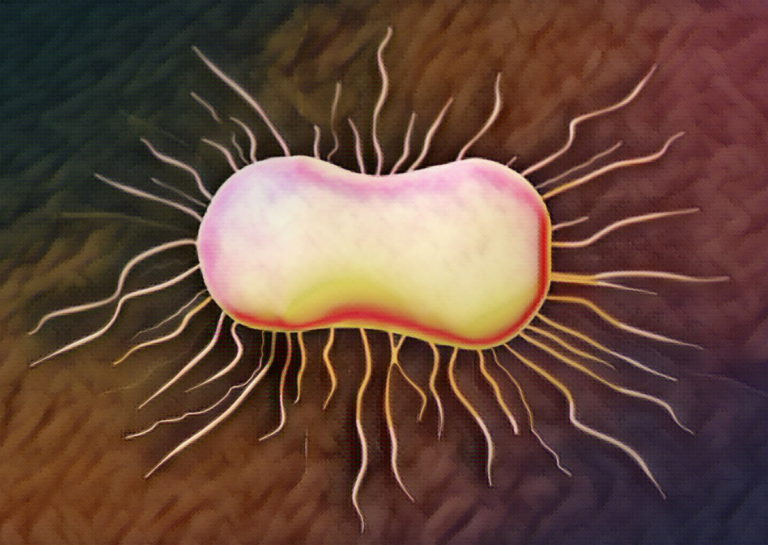Overview
E. coli, or Escherichia coli, is a type of bacteria that is commonly found in the human gut. In most cases, E. coli are harmless and even beneficial for the body. However, certain strains of E. coli can cause severe infections, particularly in young children. E. coli infections can lead to a range of symptoms, including diarrhea, stomach cramps, and fever. In severe cases, E. coli can cause kidney failure, anemia, and even death. In this article, we will discuss the symptoms, causes, treatment, and prevention of E. coli infections in children.
Symptoms
The symptoms of E. coli infection can vary depending on the strain of bacteria involved. Common symptoms in children include:
- Diarrhea, which may be bloody
- Stomach cramps and pain
- Nausea and vomiting
- Fatigue and weakness
- Low-grade fever
- Loss of appetite
In some cases, children may also experience skin rashes or joint pain. In severe cases, E. coli can lead to kidney failure and anemia. Symptoms usually appear within 2 to 5 days after exposure to the bacteria.
Causes
E. coli infections are typically caused by consuming food or water that is contaminated with the bacteria. Some common sources of E. coli include:
- Undercooked ground beef
- Unpasteurized milk or juice
- Contaminated water, such as from lakes or swimming pools
- Fruits and vegetables that have been contaminated with feces
- contact with infected animals, such as at petting zoos
Children are at a higher risk of infection if they have weakened immune systems or if they are in close contact with infected individuals.
Treatment
Treatment for E. coli infections typically involves managing symptoms and allowing the body to fight off the infection on its own. This may include:
- Drinking plenty of fluids to prevent dehydration
- Taking over-the-counter pain relievers to manage stomach cramps
- Resting and avoiding strenuous activity
In severe cases, hospitalization may be necessary for treatment with IV fluids and antibiotics. In these cases, antibiotics are not recommended as they may prolong the shedding of the bacteria and increase the risk of hemolytic uremic syndrome.
Prevention:
To prevent E. coli infections in children, it is important to practice good hygiene and food safety. This may include:
- Washing hands frequently, particularly before handling food
- Cooking meat thoroughly, especially ground beef
- Avoiding raw or undercooked meats
- Drinking only pasteurized milk and juice
- Washing fruits and vegetables thoroughly before eating
- Avoiding contact with infected individuals
Citations:
- Centers for Disease Control and Prevention. (2020). Escherichia coli (E. coli) Infections. Retrieved from https://www.cdc.gov/ecoli/general/index.html
